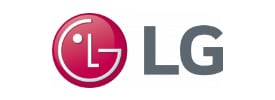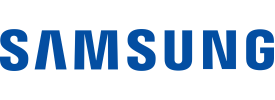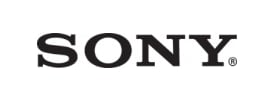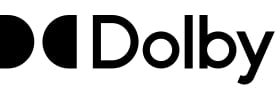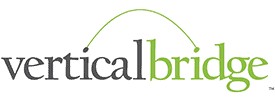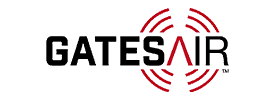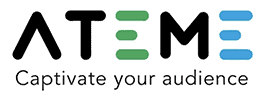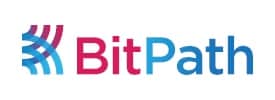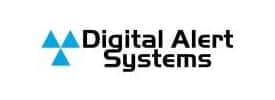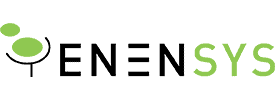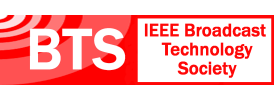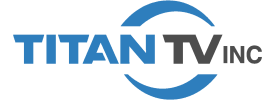- About
- Members
- Sponsors
- Subcommittees
- Technical Documents
- News
- Events
- Spotlight ATSC 3.0
- Contact Us
- Member Login
- Member Meetings
- Advanced Search
Search Site
Member Links
- About
- Members
- Sponsors
- Subcommittees
- Technical Documents
- News
- Events
- Spotlight ATSC 3.0
- Contact Us
- Member Login
- Member Meetings
- Advanced Search
SOMEONE YOU SHOULD KNOW: STEPHANE BILLAT
Posted on October 10, 2021 in ATSC News
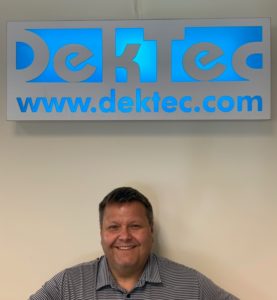 Stephane Billat is General Manager of DekTec America Inc. He has been involved with ATSC from the beginning, since the ATSC 1.0 days. When talk of ATSC 3.0 started, Billat got involved at the request of Luke Fay from Sony; asking DekTec to create some test tools for helping develop ATSC 3.0 solutions. Since then, Dektec has played a key part of the ATSC 3.0 physical layer groups and participated in many modulators/receiver plug fests.
Stephane Billat is General Manager of DekTec America Inc. He has been involved with ATSC from the beginning, since the ATSC 1.0 days. When talk of ATSC 3.0 started, Billat got involved at the request of Luke Fay from Sony; asking DekTec to create some test tools for helping develop ATSC 3.0 solutions. Since then, Dektec has played a key part of the ATSC 3.0 physical layer groups and participated in many modulators/receiver plug fests.
Billat shares about what he’s most proud of in his role at Dektec, now that the standard has been completed.
“We are proud to the fact that we have been providing test modulators and receivers at an early stage in the standard allowing demonstration, testing and development of ATSC 3.0 in the real world for a reasonable cost,” he said. “We continue to offer high density receivers and modulators for integration into operational and test equipment products.”
ATSC continues to show powerful results and have a positive impact on the broadcast industry and consumers. Billat says ATSC 3.0 allows broadcasters to join the broadband team by providing IP delivery of content real time and non-real time to a large group of customers using the broadcast infrastructure in place.
“The broadcasters are no longer competing with broadband but helping delivering contents by bridging IP and broadcast. It opens a lot of new business models for real-time/ offline video and data delivery that complement the telco and cable companies. The consumer will benefit for added channels to get their data in a broadcast model compared to a peer-to-pear model (via a cell phone or unicast over the internet).”
There are two features of ATSC 3.0 that Billat says are most impressive: the fact that the delivery is IP end to end and the fact that the spectrum can be customized, allowing to carry several independent services in a single carrier.
“Both of those features allow for flexibility and creating new business models that were not possible before for broadcasters. For example, broadcasters can, at the same time, deliver UHD content to the home, mobile content to the car and data stream in three completely independent RF channels (still in 6MHz). These ATSC 3.0 capabilities offer incredible flexibility, allowing the broadcasters to increase the value of their current infrastructure.”
Billat went to school in France at the ENSERG (INPG) in Grenoble, where in 1992 he received his master’s degree in electronic engineering, specializing in signal processing. He then went to work for Sencore in Sioux Falls SD, where he got involved with the design and marketing of early SDI test equipment and then compression equipment. In the mid 1990s, Billat got involved with the Grand Alliance and shortly after with ATSC and HD video deployment. In 2006 he went to work for Evertz Microsystem in Burlington ON, Canada as senior product manager and helped develop their compression, IP and IRD product line. In 2010 Billat relocated outside of Denver Colorado to open the DekTec America office (DekTec is a Dutch company based in the Netherlands). At this location DekTec sells and markets test equipment and operational PCIe cards for direct and OEM customers for the Americas. They also design hardware products for the world in conjunction with the software team in the Netherlands.
Billat and his wife, Sandy, have been married since 1997. She is from Minnesota originally and is a speech pathologist in the Colorado school system. They have two sons: Antoine who is 20 years old and studying chemical engineering at CU Boulder and Jacques who is 16 years old and a sophomore in high school. Billat enjoys playing tennis, captaining multiple USTA leagues, cooking and spending time with friends and family around beautiful Colorado.
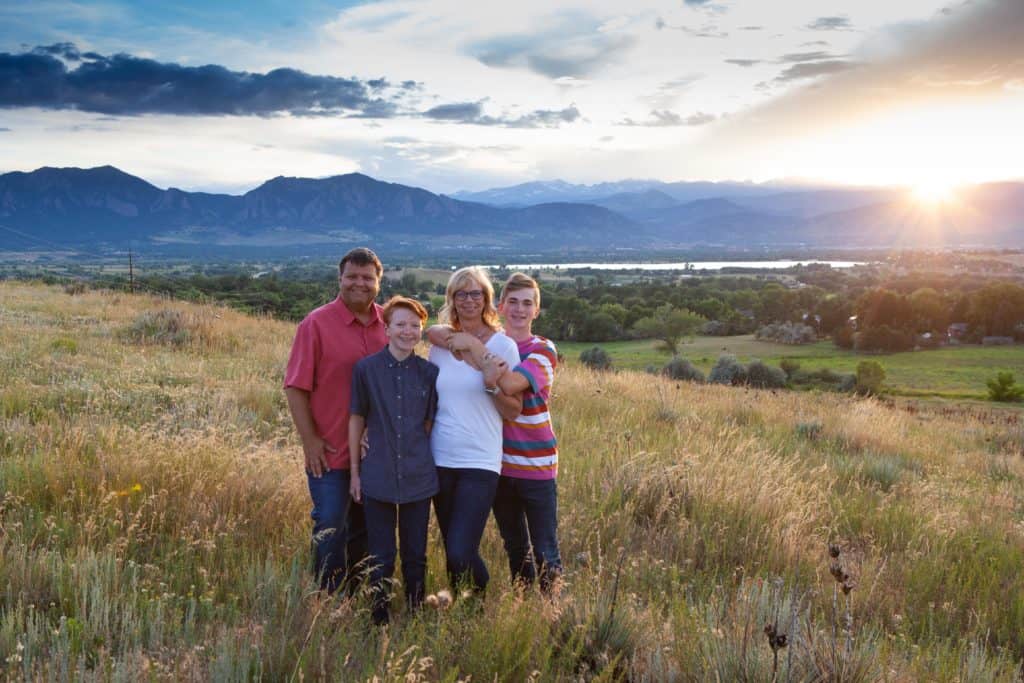
Posted in ATSC News
News Categories
News Archives
Subscribe
Subscribe to The Standard, our monthly newsletter. Learn More
Join ATSC
ATSC is a membership organization with both voting and observer categories. Voting members include corporations, nonprofit organizations, and government entities, and they participate actively in the work of ATSC. Observers are individuals or entities not eligible to be a voting member.
Subscribe to our Newsletter
Subscribe to The Standard, our monthly newsletter, to stay up-to-date with ATSC news and events around the world.
Site Links
Contact Us
Advanced Television Systems Committee, Inc.
1300 I Street NW, Suite 400E
Washington, DC 20005
Do you have questions about ATSC?
About ATSC
The Advanced Television Systems Committee, Inc., is an international, non-profit organization developing voluntary standards and recommended practices for digital terrestrial broadcasting. ATSC member organizations represent the broadcast, broadcast equipment, motion picture, consumer electronics, computer, cable, satellite, and semiconductor industries. ATSC also develops digital terrestrial broadcasting implementation strategies and supports educational activities on ATSC standards.
© 2025 ATSC





